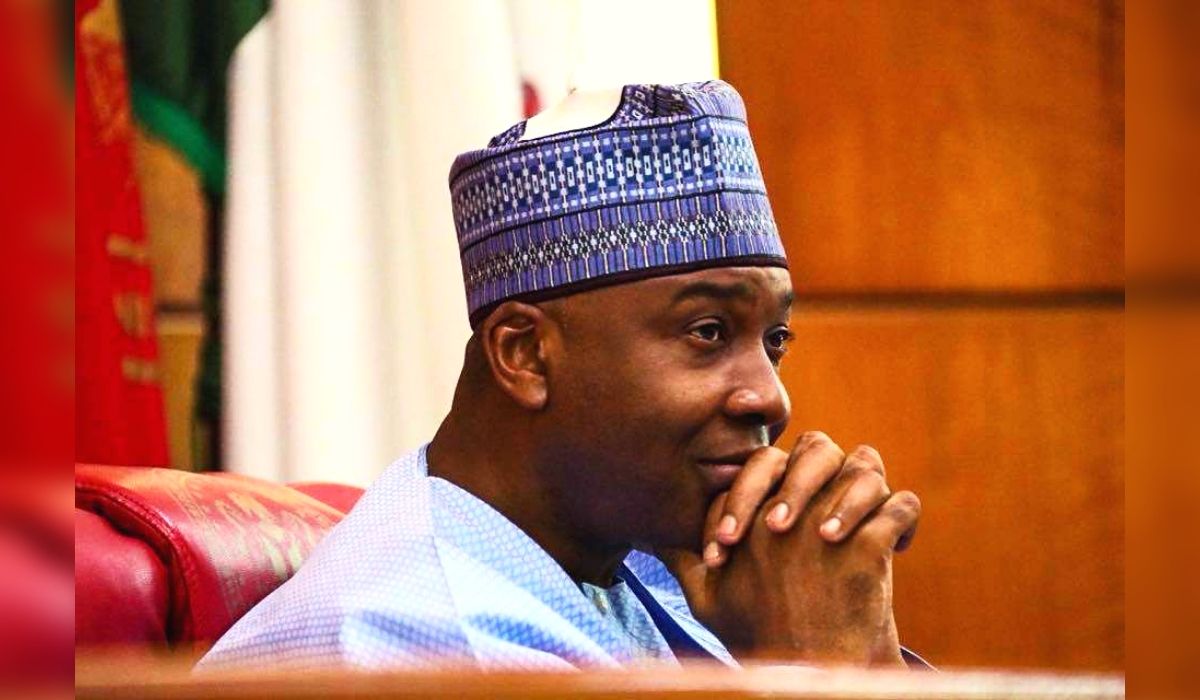The recently unveiled 2025-2027 Medium Term Expenditure Framework and Fiscal Strategy Paper, sourced from the Ministry of Budget and Economic Planning, reveals a significant boost in federal government revenue. Total earnings rose by 76%, from N7.1 trillion in 2022 to N12.5 trillion in 2023, driven by higher tax collections and oil revenues.
Oil Revenue Performance
Oil revenue saw a 200% increase, jumping from N0.8 trillion in 2022 to N2.4 trillion in 2023, contributing 19.2% of total revenue. This growth is attributed to higher crude oil production, which increased from 1.31mbpd in 2022 to 1.41mbpd in 2023.
The actual gross oil and gas revenue for 2023 stood at N7.87 trillion, slightly below the N9.38 trillion projection but achieving 83.9% of the target. After deductions, net oil and gas revenue amounted to N4.93 trillion, exceeding the target by 6.6%.
Non-Oil Revenue: Dominant Contributor
Non-oil revenue accounted for 80.8% of total revenue, growing by 57.8% from N6.4 trillion in 2022 to N10.1 trillion in 2023. Gross non-oil taxes collected surpassed projections by 31.2%, totaling N9.89 trillion against a target of N7.53 trillion.

Key contributors include:
- Corporate Income Tax (CIT): N4.27 trillion (103.9% above target)
- Value-Added Tax (VAT): N3.64 trillion (23.2% above target)
- Customs Duties: N1.98 trillion (79.6% of the target)
Federal Government Revenue Performance
The Federal Government (FG) achieved N12.84 trillion in revenue for 2023, exceeding the budget provision of N11.05 trillion. Key contributions include:
– Oil Revenue: N2.38 trillion (6.6% above target)
– Non-Oil Tax Revenue: N3.31 trillion (34.3% above target)
– Customs and Import Duties: N889.27 billion
– Independent Revenues: N1.84 trillion
– Education Tax: N719.44 billion
– Government-Owned Enterprises (GOEs): N2.19 trillion
Reforms and Future Outlook
The government is optimistic about sustaining and expanding revenue streams through ongoing reforms. These efforts align with the Renewed Hope Agenda, targeting fiscal stability and increased project implementation.
The Ministry of Budget and Economic Planning acknowledges progress in tax reforms, citing the 2023 Tax Transparency in Africa Report, which highlights Nigeria’s strides in developing an Exchange of Information (EOI) strategy to curb tax evasion.
While the tax-to-GDP ratio has improved, Nigeria still lags behind countries with similar economic potential. The full implementation of recommendations from the Presidential Tax Reform Committee is expected to address this gap and enhance fiscal performance further.
Bottom Line
The Federal Government’s strong revenue performance in 2023, particularly in non-oil sectors, underscores the impact of strategic reforms. However, continuous improvements in tax administration and broader economic policies will be critical to sustaining this momentum and boosting Nigeria’s global economic standing.

















